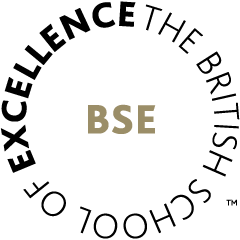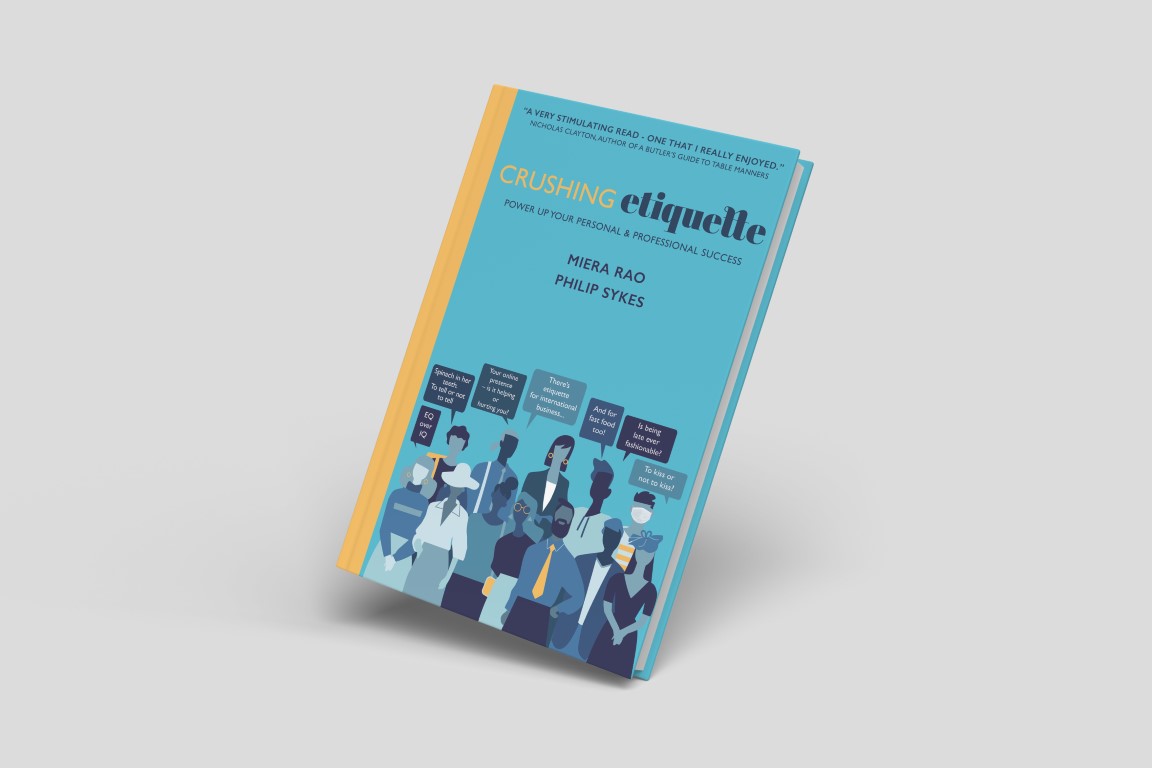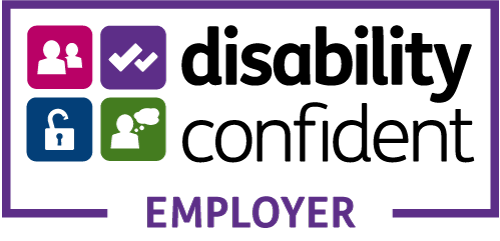Working from home for three years has left many of us in need of refresher courses on how to operate professionally in an office space and engage comfortably with colleagues and clients.
There is special concern around GenZ, the ‘Zoomers’ born between the mid-90s and early 2010s, who have been deprived of seminal in-person work experience. Yahoo Finance reported in January this year that the Big Four consulting firms – PwC, Deloitte, KPMG and EY – were all offering training to junior hires in life skills, such as how to speak up at meetings, with the likes of Britain’s Channel 4 boss, Alex Mahon, lamenting young people’s inability to debate, disagree, or work with those holding different points of view.
A ResumeBuilder.com survey last year of over 1,500 business leaders revealed that more some 60% of companies in the US would be bringing in trainers in people skills and business etiquette in 2024, to help employees dress, behave and interact appropriately in shared spaces, and to navigate career paths in a swiftly changing world.
The British School of Excellence (BSE) has responded with a range of programmes, including ‘Train the Trainer’, which prepares key company employees – or private individuals interested in filling the gap as etiquette consultants – in the skills to guide others in adapting to the new workplace and getting ahead.
In a five-day live online programme, Trainer the Trainer covers general social etiquette –from how to make effective introductions and small talk, to coping with difficult situations – and business etiquette, including networking skills and ways to negotiate the different cultures and protocols increasingly encountered in workspaces locally as well as when travelling abroad.
And yes, there is a module on what most people still think of first when it comes to etiquette: fine dining skills, from using the correct tableware to ordering with aplomb from international menus and eating different, sometimes problematic food like noodles and snails. Even Zoomers, who may be tempted to dismiss etiquette as old-fashioned and elitist, can relate to feeling uncomfortable when eating out at work functions or entertaining professionally without guidance. As Philip Sykes, founder of the BSE, puts it: “Etiquette and good manners are an essential part of easing relationships. It’s essentially about being kind and thoughtful towards others, and it fosters an atmosphere of mutual respect where professional and personal relationships can flourish.”
The programme also covers communicating on social and digital media, one area in which Zoomers, especially, may feel confident today, but which can cause misunderstanding and offence when the over-casual, blunt, or hurtfully humorous style they are used to in their personal Insta and WhatsApp posts and on X miss the mark or break business or cultural boundaries.
To prepare future generations to slip smoothly into the world of work, Train the Trainer also includes a module on children’s and youth’s manners and etiquette – something schools, and busy, distracted parents can tend to ignore. It includes suggestions for helping them learn through role-play and games, and recommendations for publications and video materials.
Finally, the programme includes presentation skills, from how to read and influence individuals through non-verbal communication and body language, to how to analyse an audience, prepare a clear message and deliver it engagingly. As part of this, it gives practical advice on how to project a positive image through dress, grooming and deportment, to create a favourable first impression, and leave a lasting one that, as Sykes puts it, “builds your reputation – your vital personal brand”.
Participants who complete the programme receive certification to enable them to coach others in these skills, along with access to ongoing support through the BSE.
“Etiquette is sometimes seen by those who don’t understand it as imposing restrictions and stiffness” says Sykes. “It’s the opposite – through understanding and learning to play by the rules of respect, courtesy, consideration and kindness, which cut across culture and class, it’s about freeing us to be our best selves. It gives us the confidence to connect with others by being totally present – instead of worrying about embarrassing ourselves by making social or cultural gaffes. Etiquette opens doors and stops us banging into each other.”
At its heart lies emotional intelligence, and with the rise of 4IR giving artificial intelligence (AI) and robots ever-greater roles at work through the likes of ChatGPT, this has never been more important.
“AI is already able to perform many of our functions, from those of accountants and bankers to those of supermarket cashiers, making it essential for us to hone and polish those skills that differentiate us from machines,” Sykes adds. “Developing the job skills of tomorrow means developing our emotional intelligence, creativity and analytical thinking, our decision making, interpersonal communications, diversity and cultural intelligence, and our leadership skills – the things that make us human. These are just as important as learning new technological skills.
“It’s all about embracing change and celebrating it, by recognising it as the opportunity to grow. And training can help us to do this – and to help others do so too.”
The next BSE Train the Trainer Programme runs on Zoom from April 15 to April 19. For details and to book, visit https://thebritishschoolofexcellence.com/courses/ttt/
For the ultimate immersive experience, join participants flying in from across the world for Train the Trainer offered in person, at the historic Lansdown Club in the heart of Mayfair, London, from June 10-14, https://thebritishschoolofexcellence.com/courses/ttt-live/






